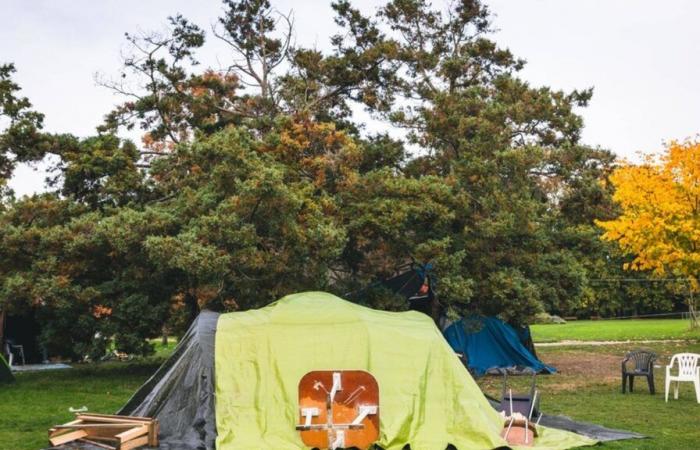This is a slight statistical improvement, but a situation that is still “unacceptable”. According to data compiled by UNICEF France and the Fédération des acteurs de la solidarité (FAS), at least 2,043 children – including 467 under the age of 3 – were left without a housing solution during the night of 19 to 20 August following their family’s request to 115, the emergency number for homeless people.
“It is unacceptable, we cannot accept that a society treats its children in this way,” Adeline Hazan, the UN agency’s representative in France, told AFP. She denounced a “flagrant violation of the principles of the International Convention on the Rights of the Child” ratified by France. “We are very, very concerned to see that, far from improving, the situation is getting worse year after year. It is a tragedy when we know the disastrous consequences in terms of both mental health and education.”
An underestimated figure
This latest data represents a slight improvement compared to the 3,000 children who were counted in October 2023, but it is an unprecedented figure for this back-to-school period, up 3% compared to August 2023, 27% compared to 2022 and 120% compared to 2020. This increase “illustrates a systematic failure of accommodation and housing policies”, say the two organizations, which highlight “short-term” policies and “harmful directions”, from the “anti-squat law to the reduction of APL” (housing benefits), including the “unraveling of the SRU law”, which imposes social housing quotas on cities.
“Alarming”, the figure of 2,000 is also largely underestimated, insist Unicef France and the FAS. The barometer does not take into account people who have given up calling 115, children living in shanty towns or squats or unaccompanied minors.
An appeal to the future government
Far from being new, the situation of children on the streets in France took another step forward this summer in Lyon, where several women found themselves homeless with their newborns. The government, recalls FAS President Pascal Brice, had nevertheless made a commitment in 2022 to ensure that there would be no more children on the streets. “A commitment that we are still waiting for,” he lamented.
“We are faced with a resigning government that has not done much and has not even pretended to do anything,” denounces Manuel Domergue, director of studies at the Abbé Pierre Foundation, calling on the future government to take the housing issue “head on.” “We must act without delay on the most serious situations. If you release 100 or 200 million euros, that will ensure that the children we are talking about are housed. We are talking about 2,000 children, France has the means to do it, it is all a question of political will.”
Time is running out, warns Adeline Hazan of UNICEF. “From the moment we don’t have a home, we can’t go to school in good conditions, we can’t get good care. The child’s development doesn’t come out of it unscathed.” “As for adolescents, they are exposed to risks of trafficking, prostitution when they live on the street,” she adds. “It is time for childhood, and in particular homeless childhood, to become a government priority in France.”
With AFP





